Schema Markup Demystified: How Structured Data Boosts SEO
Schema markup might sound like a secret language only developers understand, but in today’s digital world, it’s one of the most powerful SEO tools you can use to speak the language of search engines — and win. Whether you’re running a local business, e-commerce store, or a service-based website, understanding how schema markup can impact your search performance is crucial.
So, what exactly is schema markup, why does it matter, and how can it boost your online visibility? Let’s demystify the jargon and uncover how structured data is silently helping websites climb the Google ladder.
What is Schema Markup?
Schema markup is a type of structured data you add to your website’s HTML that helps search engines better understand your content. Think of it as giving Google and Bing a neatly labeled box of information — instead of letting them guess what’s inside, you’re telling them exactly what your content means.
Introduced by Schema.org, it’s supported by major search engines and is essential if you want to be eligible for rich snippets — those eye-catching search results with stars, images, FAQs, ratings, and more.
Why Schema Markup Matters in 2025
With AI, voice search, and smart assistants becoming the norm, search engines need more context than ever to deliver accurate results. And schema markup is what feeds that context. It’s no longer about keyword stuffing or backlinks alone — it’s about clarity.
Using schema markup, your site becomes more “understandable” to AI-driven crawlers. This clarity leads to better rankings, higher click-through rates, and even voice search optimization, making it a must-have in every smart marketer’s SEO strategy.
The Story Behind the Click
Let’s say you’re running a bakery in Mumbai. You’ve written a great blog about your chocolate truffle cake. Without structured data, Google will index your content, sure. But with schema markup, you can tell Google:
- This is a recipe.
- It takes 45 minutes to bake.
- The cake has a 4.7-star rating.
- It serves 8 people.
- It’s vegetarian-friendly.
When someone searches “best chocolate cake recipe near me,” your listing could appear not just as a blue link, but with a rich snippet showing the rating, baking time, image, and even calories. That’s not magic. That’s schema markup at work.
How Schema Markup Boosts SEO
1. Enhances Visibility in SERPs
Rich snippets powered by schema stand out. A review star, a thumbnail, an FAQ — these extras make your result more attractive, boosting click-through rates without needing to rank higher.
2. Improves Click-Through Rates
A well-optimized schema markup gives users a preview of what they’re getting. The more details you display upfront, the more qualified your traffic becomes.
3. Supports Voice Search
Voice assistants rely heavily on structured data. If your site is marked up properly, you’re more likely to become the voice result for “What’s a good gluten-free cake recipe?”
4. Clarifies Content to Search Engines
Search engines no longer rely just on HTML. With structured data, they understand that a particular section is a review, a person, a product, or an event, increasing your relevance for related queries.
5. Builds Trust and Authority
When users see a professional-looking snippet with rich details, it instills trust. It shows that your brand is transparent, credible, and worth clicking.
Types of Schema Markup Every Business Should Know
Let’s break down the most useful types of schema markup that can directly impact your business SEO:
Organization Schema
Highlight your company’s name, logo, address, and social profiles. Great for brand awareness and Google’s knowledge panel.
Local Business Schema
Vital for brick-and-mortar businesses. Includes opening hours, map location, accepted payment methods, and more.
Product Schema: Showcase your products with prices, availability, and reviews — perfect for eCommerce stores.
Article/BlogPost Schema: Let search engines know your blog structure, including author, publish date, and related media.
FAQ Schema: Want those collapsible FAQs on Google? Add FAQ schema to your page and enhance your listing visually.
Review and Rating Schema: Social proof sells. Star ratings under your link immediately boost trust and CTR.
Real-Life Example: How Schema Markup Doubled Visibility
A digital marketing agency decided to implement schema markup across its service pages and blogs. Within three months:
- Their CTR jumped by 43%.
- Several blogs started showing as FAQs in the search results.
- Local SEO rankings improved significantly.
The only thing they changed? Structured data. That’s how silently schema works — boosting your visibility without altering your content.
How to Implement Schema Markup (Without Being a Developer)
If you’re not technical, don’t worry. You don’t need to write JSON-LD by hand. Here’s how you can easily add schema markup:
- Use Google’s Structured Data Markup Helper: A beginner-friendly tool that helps you create structured data for different types of content.
- Install WordPress Plugins: Plugins like Rank Math, Yoast SEO, or Schema Pro add markup automatically.
- Use Google’s Rich Results Test: Test if your structured data is valid and see how it appears on search.
What to Avoid When Using Schema Markup
While schema is powerful, misusing it can get your site penalized. Here’s what to avoid:
- Don’t mark up hidden or irrelevant content.
- Never fake reviews or use exaggerated ratings.
- Avoid incomplete schemas. Always provide all required properties.
- Don’t overuse schema markup in H2s. Avoid over-optimizing your headings by stuffing them with the keyphrase too frequently.
Future-Proofing Your SEO with Schema
As we enter the AI-driven era of search, schema markup will play a key role in how information is parsed and prioritized. With Google’s shift toward Search Generative Experience (SGE) and predictive SERPs, structured data will help your content stand out even when traditional search listings fade.
If you’re not already using schema, now is the time to start. Not tomorrow. Not next quarter. Today.
Final Thoughts: Small Code, Big Results
The power of schema markup lies in its invisibility to users but extreme value to search engines. It doesn’t change what people see — it changes what search engines understand.
So the next time you publish a blog or launch a product, think beyond keywords. Think about structure. Think about clarity. Think schema.





